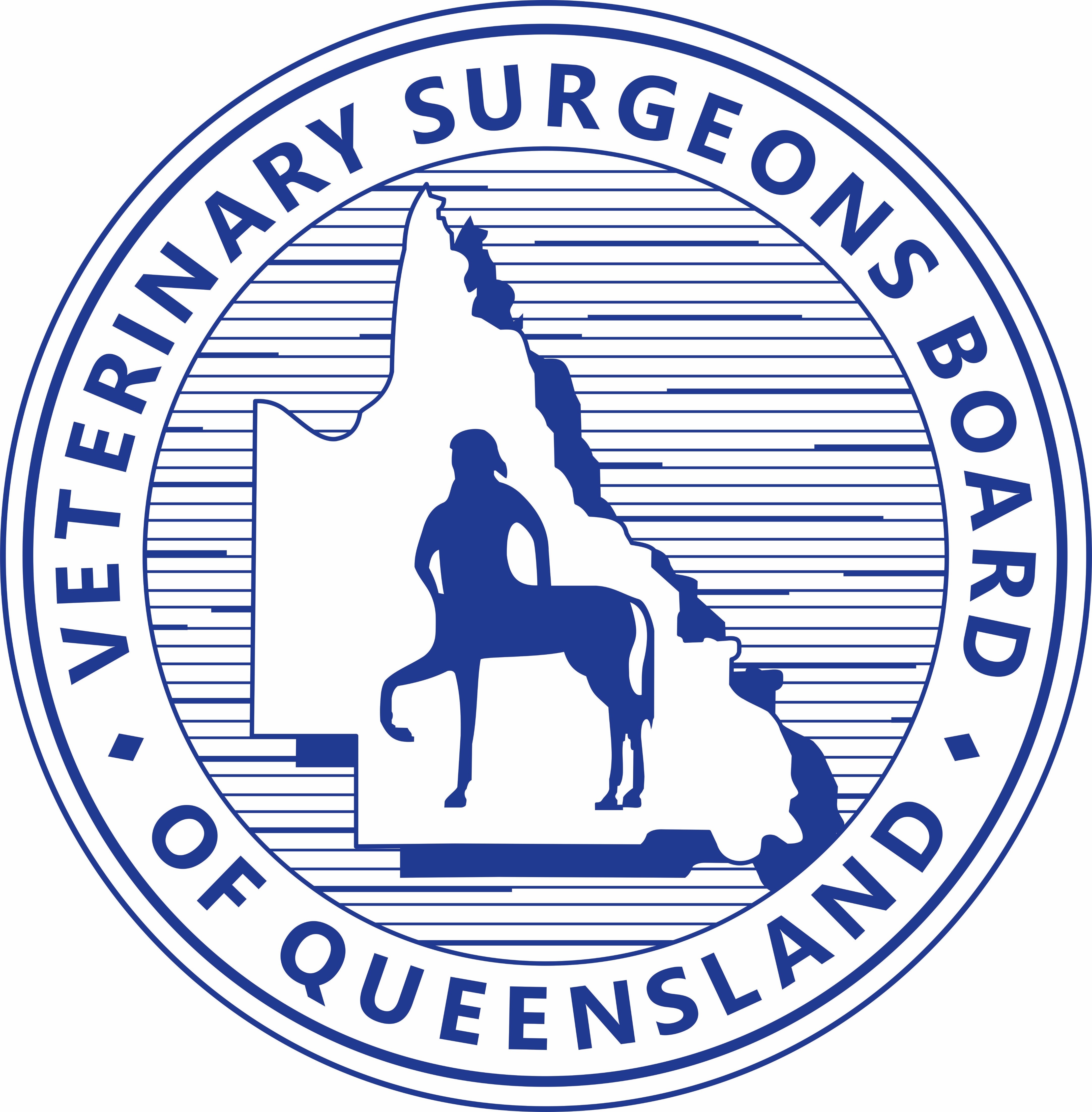Impairment of a professional is the inability, or impending inability, to practice according to accepted standards due to:
- substance use
- abuse
- dependency (addiction).
It is estimated that approximately 10 to 15% of all healthcare professionals will misuse drugs or alcohol at some time during their career1.
Where the Veterinary Surgeons Board of Queensland (the Board) reasonably suspects a veterinarian to be impaired (through notification or self-disclosure), the Board can seek a voluntary undertaking from the veterinarian to enter into a health program—this is the preferred process.
The alternative process is a more formal regulatory pathway through the Queensland Civil and Administrative Tribunal (QCAT).
Voluntary health program
The health program will typically involve the veterinarian's consent to an assessment by a health committee appointed by the Board.
A consent to obtain medical records will be sought from the veterinarian's general practitioner and/or other health professional/s.
On completion of the health assessment, the committee will provide their findings to the Board and will include recommendations to guide the Board's decisions for developing a plan for the veterinarian's return to work.
Recommendations may include regular monitoring by a health practitioner and random drug screening.
A return-to-work plan may include:
- working under the supervision of a registered veterinarian for a period of time
- working restricted hours
- working in a position approved by the Board
- having restrictions placed on the veterinarian's ability to possess, supply, administer and handle Schedule 4 and Schedule 8 drugs.
The aim of the process is to ensure the safety of patients by facilitating the safe return to practice of the veterinarian.
1. Baldisseri MR, 'Impaired healthcare professional', Critical Care Medicine, 35(2):S106-S116, February 2007, DOI: 10.1097/01.CCM.0000252918.87746.96, PMID: 17242598.
Last updated: 14 Aug 2023
